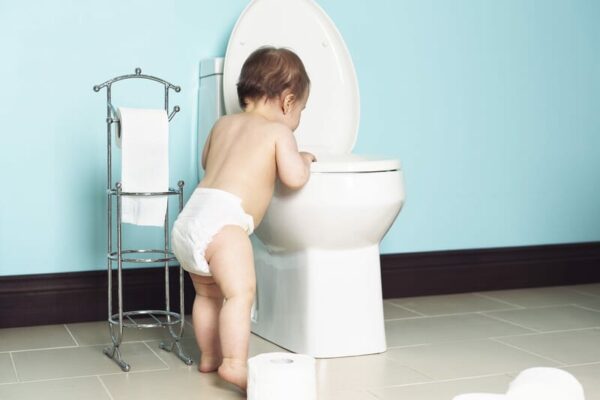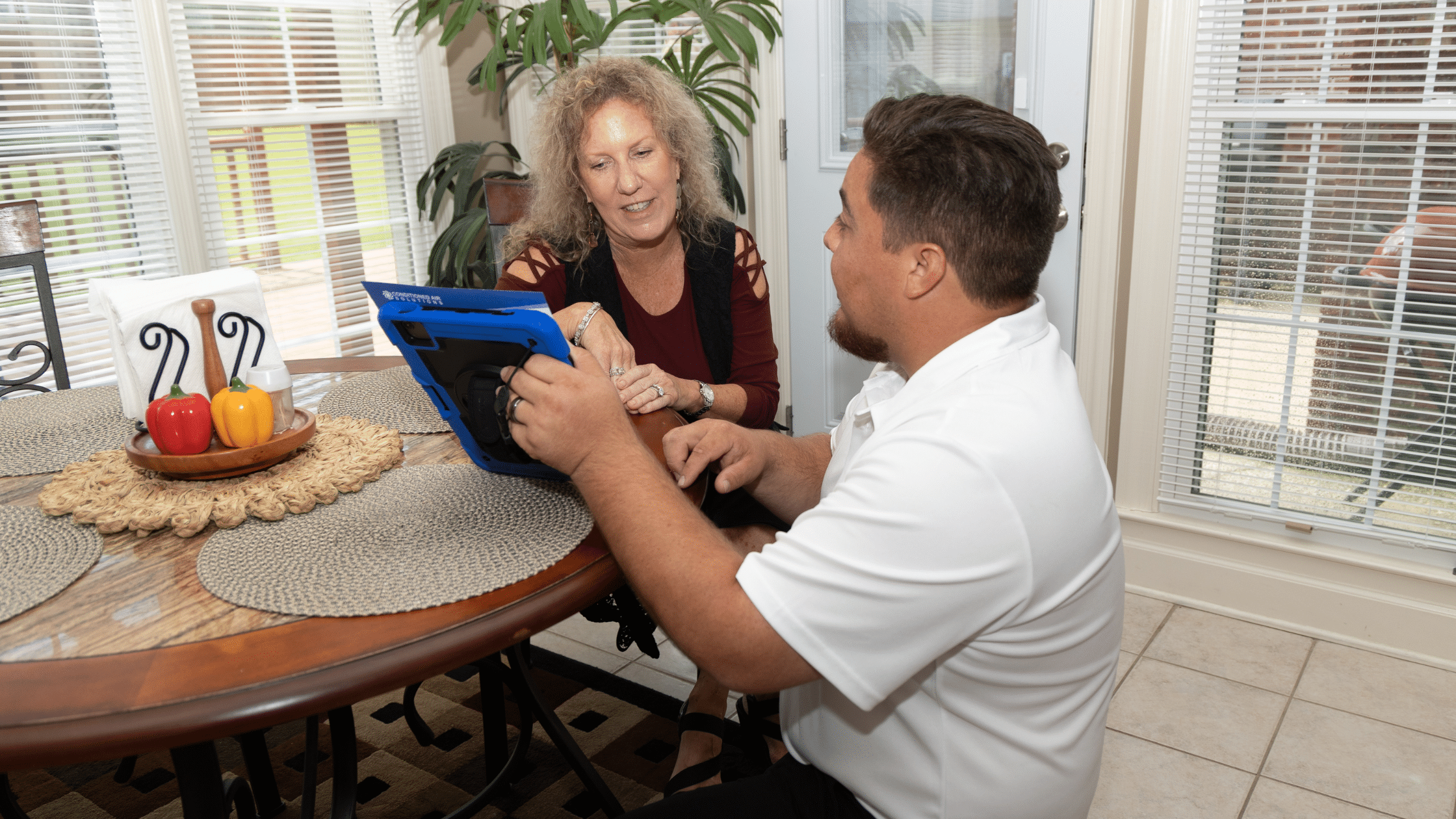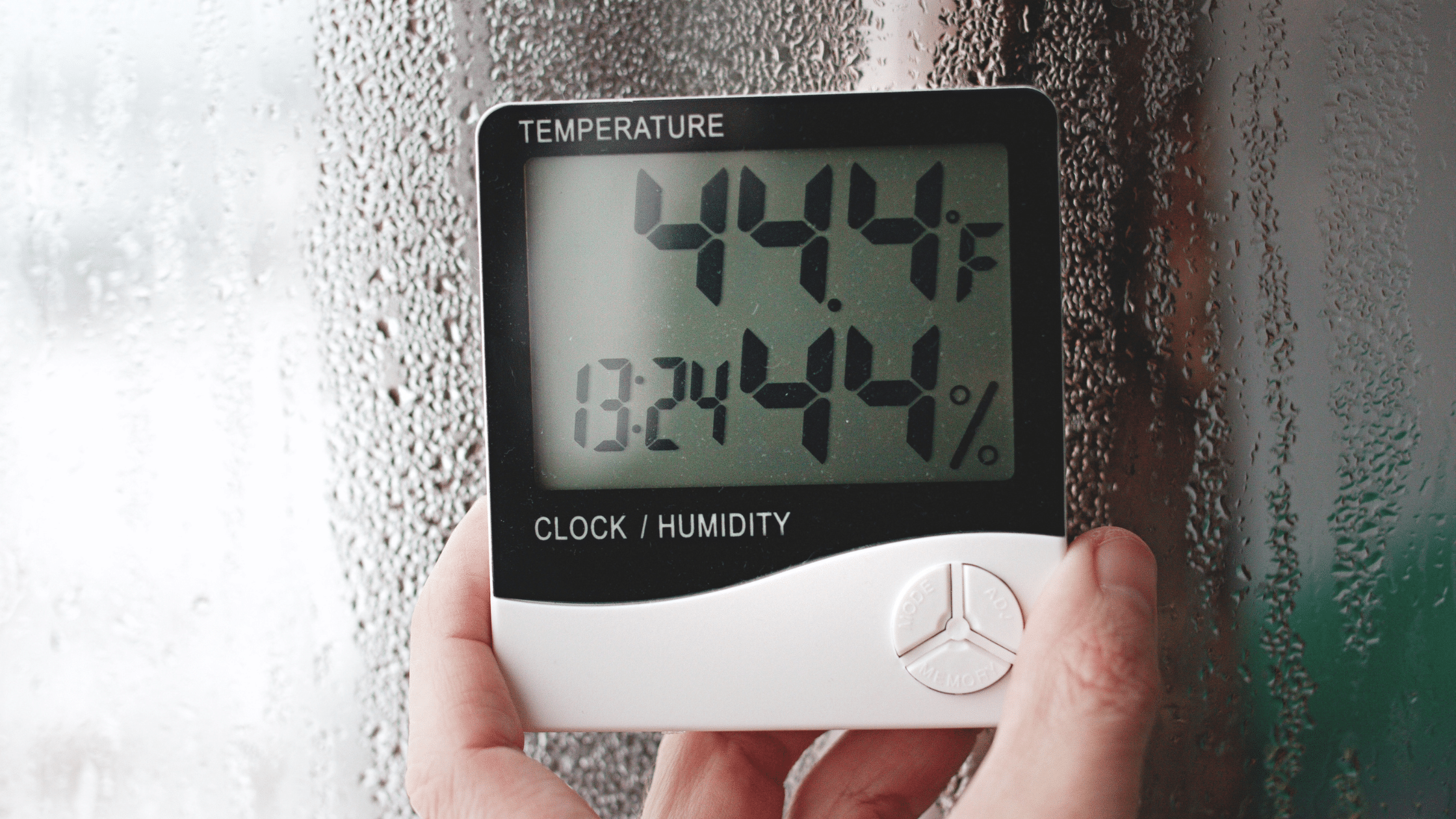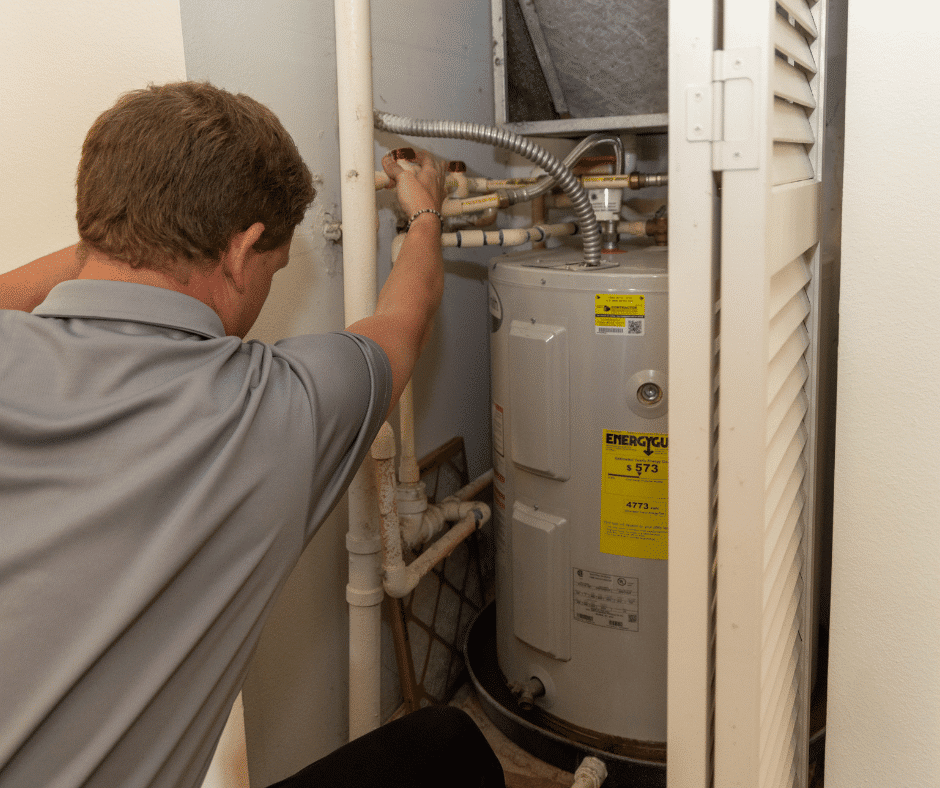You know HVAC system maintenance is important. It's the secret to keeping your home comfortable…

Is It Flushable? Probably Not!
There are a myriad of products being sold to consumers that describe themselves as flushable. Whether it is “flushable” wipes, cat litter, or tissues, most of the items are actually not truly flushable and should be disposed of in another way. Not only that, there are plenty of items in your bathroom like cotton balls and Q-Tips, that you may consider flushable but are not and can cause serious problems in your plumbing leading to expensive and extensive repairs. Toilets are a huge convenience that take care of human waste, but they should not be used for the disposal of other common household waste.
- Flushable Wipes – NOT flushable
Although they are described as flushable, these wipes often have a hard time breaking down in your pipes quick enough to pass through which can cause a clog or blockage. These wipes include but are not limited to baby wipes, feminine wipes, but also general cleansing wipes. It is highly recommended to instead dispose of them with your regular household garbage. Keeping a small trash can in your bathroom for these items gives you a convenient option when disposing of them. - Flushable Cat Litter – Also, NOT flushable
Human waste and feline waste are not and should not be treated equally. Flushing cat litter and/or cat waste down your toilet is not only bad for your plumbing but also for your water. The sediments in cat litter can sit in your pipes, collecting other materials and waste, and over time it can cause a clog. Not to mention, the parasites that are in feline waste could enter your water supply in the event of a clog or blockage. Not only is it detrimental to your plumbing but it is not safe for your health either. You should dispose of cat litter and waste with your regular household garbage. - Cotton Balls and Cotton Rounds
Are cotton balls and cotton rounds flushable? Again, no. Despite their general small size, flushing cotton balls down your toilet can cause big problems. Cotton does not break down the same way toilet paper does and it acts as a sponge in your pipes, collecting other materials, water, and waste. When this happens, a clog will form. Also, depending on the type of materials that have been collected, it may be a lot more difficult to remove or break through than you imagine. Disposing of cotton balls and rounds should be done with your regular household garbage. Like wipes, keeping a small trash can in your bathroom provides a convenient way of disposing of cotton balls and rounds. - Q-Tips
Like cotton balls, regardless of their small size, Q-Tips have the ability to create big problems when they are flushed down the toilet. Q-Tips do not break down quickly in your pipes and will clump together with other materials (like cotton balls) and create a clog. They can also expand as well, depending on their composition. Also like cotton balls, it is highly recommended to dispose of Q-Tips with your regular household garbage. - Paper Towels and Tissues
Despite their similarities, paper towels and toilet paper are not created equally! Paper towels are used to absorb water so when they enter your pipes, they are more likely to sit and collect water which will lead to a blockage in your pipes. The same goes for tissues as well. Tissues are also designed to absorb, regardless of their thin nature. They can continue to collect and absorb water in your pipes just like paper towels. Disposing of paper towels and tissues with your regular household garbage is recommended. If you are looking for a way to cut down on your household waste and be more environmentally friendly, using microfiber cloths is advised. They are both absorbent and gentle so they can serve many different purposes. - Dental Floss
Another tiny but huge problem maker is dental floss. Dental floss is made up of either nylon or teflon. Neither one of these materials breaks down well or quickly in water. Not only that, they have the ability to get tangled up in your regularly disposed of waste, along with other non-flushable items, dental floss has the ability to tie together a big mess. You should dispose of your dental floss with your regular household waste. If you are looking for an environmentally friendly way to clean your teeth and gums, water picks are a great alternative over dental floss. - Bandages
Like dental floss, bandages are made out of all kinds of different materials and most of them are made of non-biodegradable plastic that can pollute your water system. Also, with their sticky adhesive backing, they will absolutely hang around in your pipes, collecting other discarded items. You should dispose of your bandages in your regular household garbage. Unfortunately, there are not many environmentally friendly options to bandages, as they are generally one-use items for sanitary purposes. - Cigarette Butts
Cigarettes should never be flushed down the toilet. They are another waste item that can introduce potentially harmful chemicals into your water system and also harm wildlife. Not only that, they do not break down the same way that toilet paper does and will combine with other materials to create a blockage in your pipes. It is highly recommended to dispose of cigarette butts with your regular household garbage. - Medication
Although we have all seen people flush medication down the toilet on television, medicine should never be flushed down your toilet. There is a great risk of water contamination and/or pollution when you dispose of medication this way. You should always take your unused or expired medication to a drug take-back site.
Despite what the packaging of certain products read, most items are not flushable. Although it may seem like the easier alternative, flushing wipes, cotton balls, q-tips, etc. will only bring about a more difficult problem. You cannot replace your trash can with your toilet and following these guidelines will help you protect your plumbing. When in doubt, toss it in the garbage.


